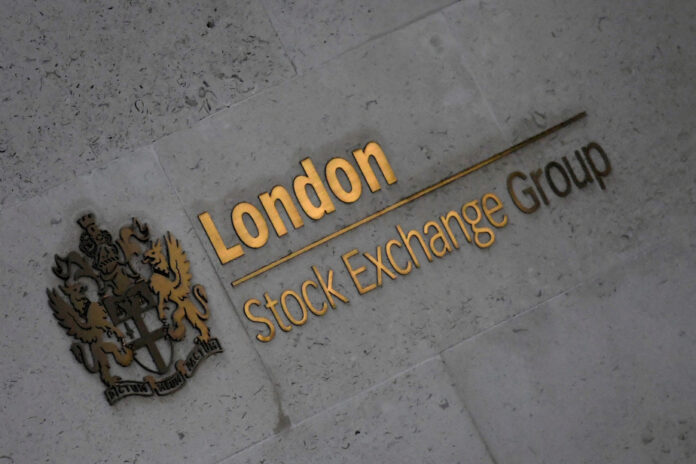(Paris) Western stock markets vary in small amplitudes on Monday, struggling to find a reason to go up or down while negotiations around the American debt ceiling are almost the only item on the agenda.
European stock markets ended without a clear direction. Paris fell by 0.18%, Frankfurt, which had broken a record in session and at the close on Friday, by 0.32%, Milan by 0.76%, while London rose by 0.18%.
Wall Street was also moving mixed around 11:55 a.m. EST: the Dow Jones was down 0.14%, the S
On the bond market, sovereign yields rose slightly, by around 0.05 percentage point in Europe and the United States for ten-year maturities.
Notable exception: Athens Stock Exchange’s Athex index jumped 6.09% after the right-wing’s landslide victory in the parliamentary elections, which called for a new poll “perhaps June 25” to seize of an absolute majority. The index has returned to its highest level since 2014.
President Joe Biden and Republican Leader Kevin McCarthy are meeting in person on Monday to continue negotiations about ten days before the default deadline.
Global markets had risen in line with the talks last week, but a change in tone from Mr McCarthy on Friday gave less relief to the latest session.
For Patrick O’Hare of Briefing, “the market is certainly very attentive to the situation but it does not appear outrageously worried”.
Many observers anticipate that an agreement will be reached sooner or later and will avoid a default by the United States, as both parties are convinced that such a scenario would have too serious consequences.
The Fed’s monetary intentions were also at the center of the week’s concerns as new data on inflation and consumption will be available on Friday (the PCE index for April). A revision to first-quarter GDP growth is also expected on Thursday.
“Minneapolis Fed President Neel Kashkari, who is categorized as someone wanting a 0.25 percentage point rate hike in June, was a bit more pragmatic this weekend,” reports Nicolas Budin. , Head of Equity Management for Myria AM.
The dollar remained stable in the face of vagueness around the Fed’s future monetary policy decisions. The euro fell 0.05% to $1.0799.
Semiconductor maker Micron Technology fell 3.34% as China accuses the US group of failing security and calls on companies to stop buying its chips.
Tensions between China and the United States are a “subject of vigilance” for Nicolas Budin. “We don’t see an escalation of tensions but it fits into this pattern and after a G7 Summit,” he explains.
The leaders of the G7 countries warned on Saturday that any attempt at “economic coercion” would have “consequences”, implicitly targeting China’s practices but without naming it. They also said they were “seriously concerned” about the situation in the South China Sea.
Irish airline Ryanair (1.31%) returned to profit in its staggered annual financial year ending at the end of March, posting a positive result of 1.4 billion euros, driven by “the strong recovery in traffic” and despite operating costs up 75%. It had suffered a net loss of 355 million euros a year earlier.
Traffic “is now 13-14% higher than our pre-COVID-19 volumes,” said Ryanair boss Michael O’Leary.
Oil prices are trending up slightly, supported by the prospect of a potential OPEC supply cut. A barrel of North Sea Brent was worth $75.95 (0.49%) around 11:50 a.m. EST, while a barrel of US WTI was worth $72.06 (0.71%) .
The price of natural gas in Europe fell below 30 euros per megawatt hour (-2.87% to 29.31 euros).















